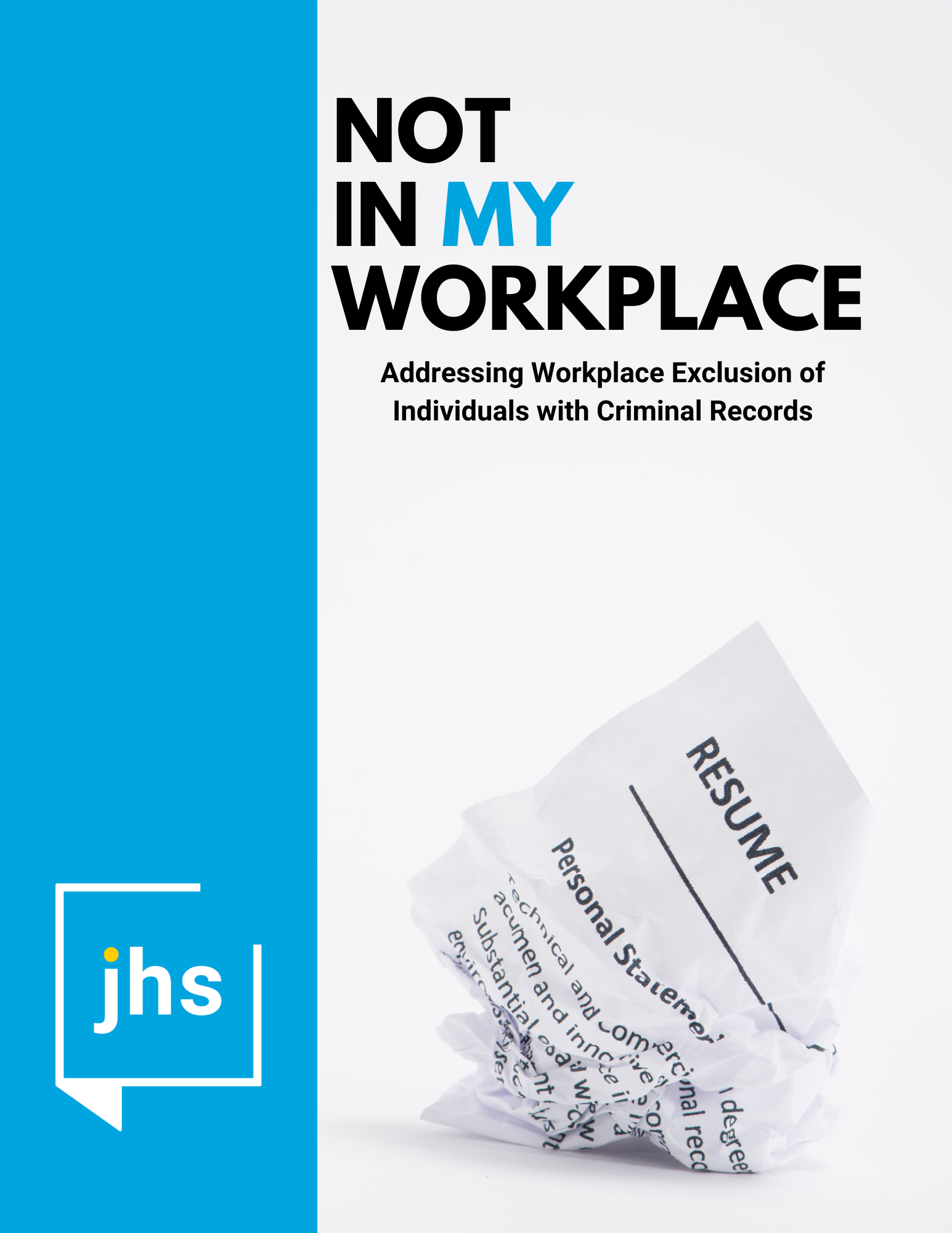Overview:
In Canada, a total of 3.8 million people (1 million in Ontario) have a criminal record but are 50% less likely to secure employment due to the stigma associated with their record. Despite recent initiatives to support these individuals in finding meaningful employment, discrimination persists, hindering job opportunities even when the offence is unrelated to their position being pursued.
Past research conducted by the John Howard Society of Ontario (JHSO) has consistently shown the extensive use of criminal record checks by employers. This hiring practice poses significant barriers to individuals with criminal records seeking employment, which disproportionately impact Black and Indigenous Peoples, youth, and those experiencing challenges associated with mental health and addiction. Together, these findings highlight the widespread use of criminal record checks across diverse sectors in Ontario, limiting people with a criminal record from accessing employment opportunities.
Between 2020-2022, JHSO collaborated with a research team led by Dr. Kemi Anazodo to conduct a comprehensive survey administered to 400 hiring managers across Canada. The project aimed to understand the perspectives of managers on hiring individuals with criminal records. The research presented in this study illustrates the challenges faced by individuals with criminal records in Canada. The survey’s findings, coupled with six key recommendations, demonstrates the necessary steps towards a more inclusive employment landscape.
Resources
Key Takeaways
Research Highlights
check for either all or some of their new employees
WHAT WOULD INCENTIVES EMPLOYERS TO HIRE PEOPLE WITH CRIMINAL RECORDS?


